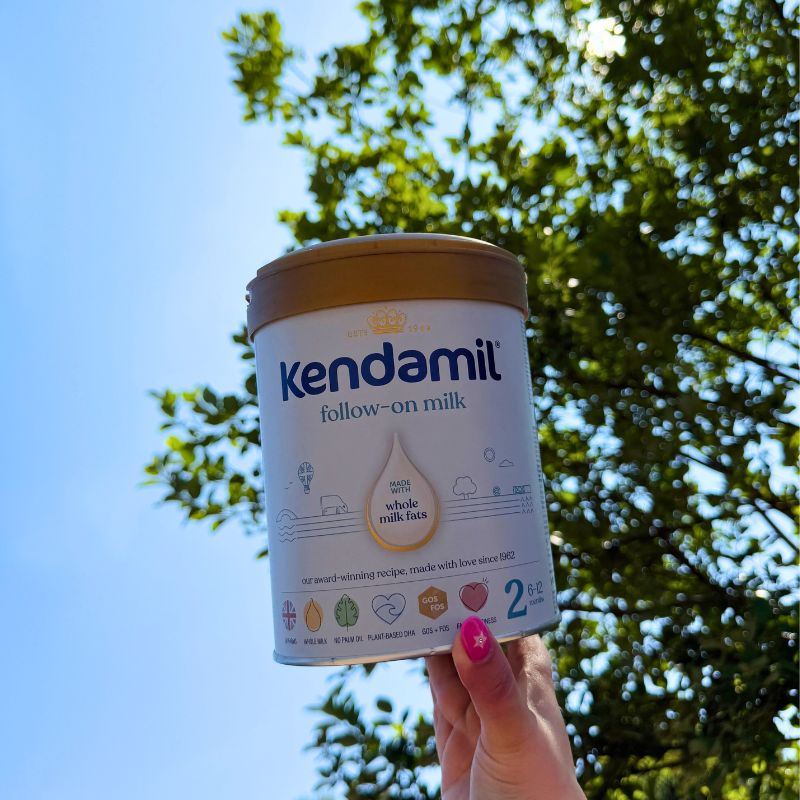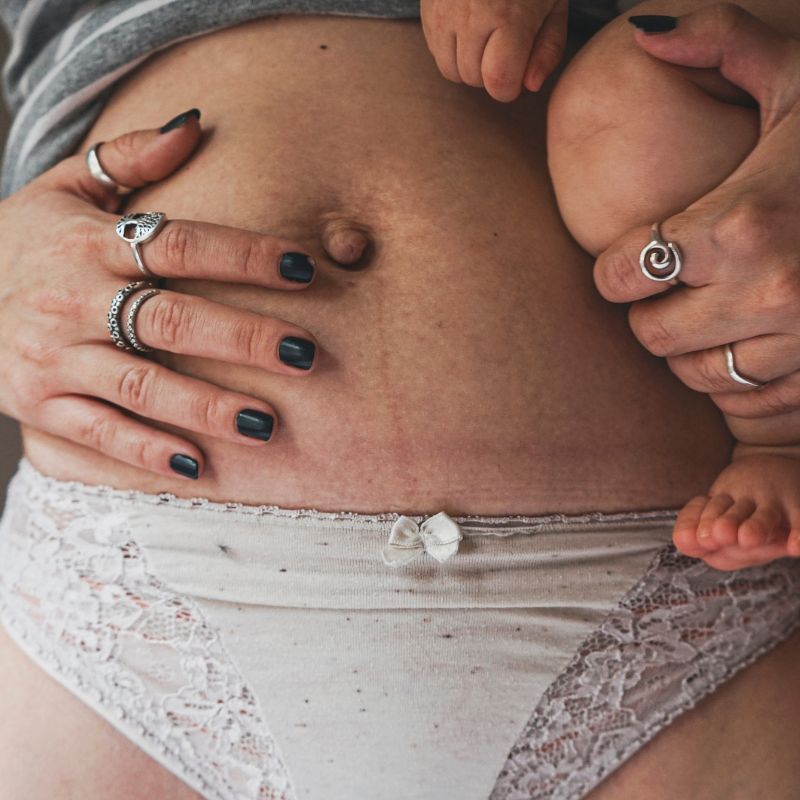Becoming a parent is an extraordinary experience. It can bring immense joy, excitement, and fulfillment. So, at a time when everyone around you expects you to be floating on cloud nine, it can be confusing when you actually feel overwhelmed, exhausted, and stressed out. It’s very normal to feel a mixed bag of emotions in the early days of parenthood, but when it extends beyond this, it might be time to think about your mental health as a mum or dad.
The term ‘perinatal mental health’ refers to the emotional well-being of parents during pregnancy and after childbirth. It is a time when you are faced with so many new challenges, all served with a side of sleep deprivation. So, what could be going on, and how can you prioritise your mental health as parents?
The Challenges of Parenthood
Parenthood brings with it a whole new set of challenges that can be difficult to navigate:
• Sleep Deprivation: Newborns require around-the-clock care, which can leave new parents feeling exhausted and sleep-deprived.
• Hormonal Changes: Hormonal changes during and after pregnancy can cause mood swings, anxiety, and depression. While commonly associated with mothers, dads can also experience hormonal shifts that affect their mood and stress levels.
• Lack of Support: Many parents feel isolated and unsupported, especially if they don't have family or friends nearby.
• Body Image Issues: Pregnancy and childbirth can cause changes in a mother’s body that can be difficult to accept. Fathers, too, may struggle with their own physical and emotional changes as they adapt to new routines and responsibilities.
• Pressure to be Perfect: Parents often feel pressure to get everything right, which can lead to feelings of inadequacy and stress.
Prioritising Parental Mental Health
Noticing your feelings and taking small steps to care for your mental health can make a huge difference. Here are some tips for taking care of yourself as a mum or dad:
• Get Enough Sleep: Easier said than done with a newborn, but sleep deprivation can exacerbate feelings of anxiety and depression. Try to rest whenever you can, even if it means napping during the day while a friend or family member helps out.
• Seek Support: Sharing your feelings with your partner, friend, or family member can help those around you understand when you need support. There’s no shame in asking for help, whether you’re a first-time parent or have several children. Parenthood is hard, and you don’t need to do it alone.
• Practice Self-Care: It may feel impossible, but taking even ‘mini moments’ to do something for yourself can help you feel more like yourself. Making a nourishing meal, doing some skincare, reading a few pages of a book, or taking a walk can all make a difference.
• Exercise: Physical activity is a fantastic way to boost your mood and relieve stress. Even on the most sleep-deprived days, a walk with your baby (or better yet, with other parents) can energise you and improve your mood.
• Accept Help: People often genuinely want to help. Whether it’s cooking a meal, doing the laundry, or watching the baby while you take a hot shower, every little bit helps.
• Be Kind to Yourself: Growing, birthing, and caring for a baby is not easy. You are undoubtedly doing a great job, so be gentle with yourself.
When to Seek Professional Help
While it’s normal to experience ups and downs during the postpartum period, some parents may develop more serious mental health issues, such as postpartum depression or anxiety. If you’re experiencing any of the following symptoms, it’s important to seek professional help:
• Persistent feelings of sadness, hopelessness, or despair
• Intense anxiety or panic attacks
• Difficulty sleeping or sleeping too much
• Lack of interest in activities you once enjoyed
• Thoughts of harming yourself or your baby
• Difficulty bonding with your baby
If you’re experiencing any of these symptoms, talk to your healthcare provider as soon as possible. They can help you get the support and treatment you need.
Support Resources
If you are worried about your mental health or about someone you know, you can contact one of the charities below for help and advice:
• Samaritans – 116 123 (24 hours a day)
• Mind – 0300 123 3393 (9am – 6pm Mon-Fri)
• PANDAS (PND Awareness and Support) – 0808 1961 776 (11am-10pm daily) and WhatsApp 07903508334 (8am-10pm daily)
Remember, taking care of your mental health is essential not just for you but also for your family. You’re not alone, and support is always available.
















